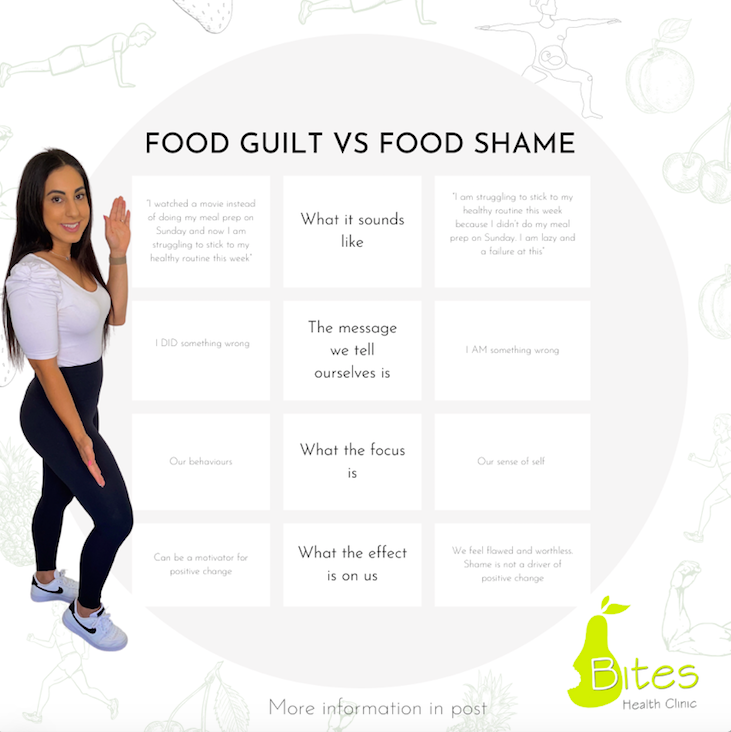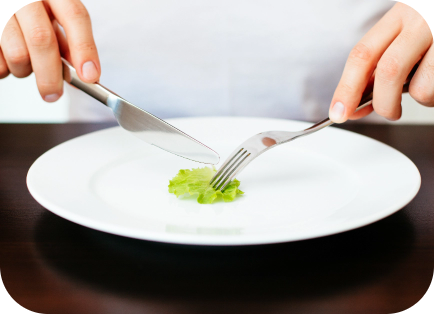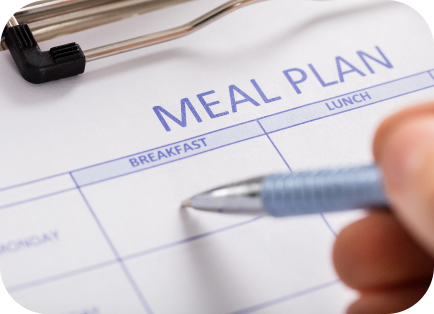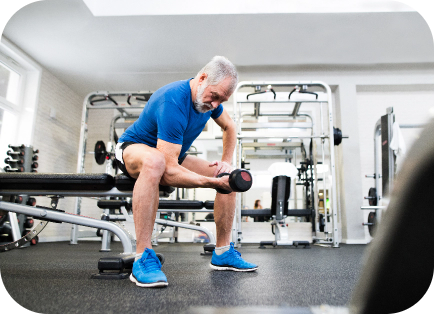
An example of how food guilt can drive positive change could be using the first example above. In the example the person chose to watch a movie instead of prepare meals for the week. Come Wednesday when they’ve consumed more take out than they would have liked, the food guilt might creep in and on reflection they might sit back and identify ways they can be better prepared next week. They might set up a strategy to buy frozen meals or sign up to a meal delivery service if they want to better align with their values of living healthy so that they still have time for recreation on the weekend and have healthy meals ready for their week.
Food shame is usually associated with negative self talk and if we look at the example above, instead of driving positive change, the person may further internalise the beliefs that they are lazy and a failure. It is soul crushing and unhelpful in your journey towards a healthy relationship with food.
There are many reasons why we might get stuck in the shame talk. If you feel/notice that you are speaking to yourself like this regularly around your foodchoices it’s something that you might like to talk to a counsellor or psychologist about.
In our practice, our Dietitians draw on their skills of empathy and connection as powerful shame squashers when working with their clients. It’s an open and non judgemental environment in our clinic because shame thrives on judgement, secrecy and silence.
From Brene Brown’s research, the four elements of shame resilience (which can be applied to food shame too) include:
1. Recognising shame and understanding its triggers
Can you physically recognise when you’re in the grip of shame, name it, feel your way through it and figure out what messages and expectations triggered it?
2. Practicing critical awareness
Can you reality check the messages and expectations that are driving your shame? Are they realistic? Attainable? Are they what you want to be or what you think others need or want from you?
3. Reaching out
Are you owning and sharing your story? We can’t experience empathy if we’re not connecting.
4. Speaking shame
Are you talking about how you feel and asking for what you need when you feel shame? Silence, secrecy and judgement fuel shame.
We believe that all people have the power to change their lives. Just sharing that food shame experience with another person who can respond with empathy in those hard moments can help us to feel less alone and more resilient to the effects of shame.










